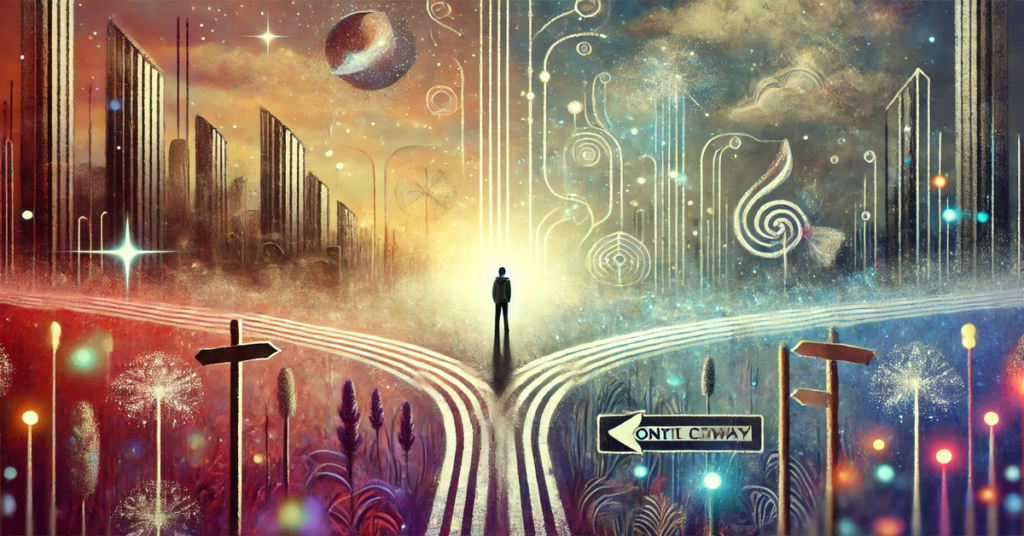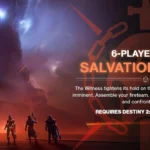In the age of the internet, niche communities have found spaces to thrive and connect. One such community, the femcel community, has gained significant attention in recent years. Short for “female incel” (involuntary celibate), the term refers to women who feel unable to form romantic or sexual relationships despite desiring them. The femcel experience intersects with societal expectations, gender dynamics, and mental health challenges, creating a complex and often misunderstood phenomenon.
While discussions about “incels” (involuntary celibates) often focus on male-dominated spaces, femcels represent a separate and unique group, with different dynamics, experiences, and challenges. This article seeks to explore the origins, characteristics, and impact of the femcel community, as well as the broader societal issues that shape it.
Origins and Definition of Femcel
The Rise of the Term
The term “femcel” originated online, largely as an offshoot of the “incel” community. While incel communities are often associated with male frustration and toxic behaviors, the femcel community emerged in response to the need for women to articulate their own struggles with loneliness, rejection, and societal pressures. Early mentions of femcels appeared on forums like Reddit, Tumblr, and 4chan, where users shared their personal experiences and frustrations.
Defining Femcel
A femcel is typically defined as:
- Female: Identifying as a woman.
- Involuntarily Celibate: Unable to form romantic or sexual relationships despite the desire to do so.
It is important to note that femcels often frame their experiences around systemic and societal factors, such as beauty standards, gender roles, and social isolation. Unlike male incels, femcels tend to emphasize internalized struggles and societal pressures rather than blaming others for their situations.
Characteristics of the Femcel Experience
1. Struggles with Beauty Standards
Femcels frequently discuss the societal obsession with physical appearance and the unattainable beauty standards imposed on women. Many femcels feel excluded from mainstream definitions of beauty, which exacerbates feelings of inadequacy and rejection.
Key issues include:
- Body Image: Many femcels struggle with body dysmorphia or dissatisfaction with their physical appearance.
- Comparison Culture: Social media amplifies comparisons, making it harder for individuals to feel confident.
2. Social Isolation
Social isolation is a recurring theme in femcel discussions. Many femcels report difficulty forming friendships, building social networks, or connecting with others in meaningful ways.
Contributing factors include:
- Mental Health Challenges: Anxiety, depression, and low self-esteem often hinder social interactions.
- Cultural Expectations: Women are often expected to be socially skilled and emotionally available, adding pressure to those who struggle with interpersonal relationships.
3. Rejection and Loneliness
Feelings of rejection, whether from potential romantic partners, peers, or society at large, are central to the femcel experience. These feelings can lead to cycles of loneliness and further isolation, reinforcing negative self-perceptions.
Femcels vs. Incels: Key Differences
While both groups share the label of involuntary celibacy, there are significant differences in their behaviors, attitudes, and societal reception.
1. Approach to Blame
- Femcels: Often focus on internal struggles, systemic issues, and societal pressures.
- Male Incels: Frequently externalize blame, directing frustration toward women, society, or specific groups.
2. Community Dynamics
- Femcel Communities: Tend to be supportive spaces where individuals share experiences, seek validation, and discuss self-improvement.
- Male Incel Communities: Can often foster toxic or harmful ideologies, including misogyny and entitlement.
3. Media Perception
- Femcels: Receive less mainstream attention and are often portrayed sympathetically.
- Male Incels: Are widely scrutinized for connections to extremist behaviors and rhetoric.
Online Spaces and the Role of the Internet
The internet plays a crucial role in shaping femcel identities and providing spaces for discussion. Key platforms include:
1. Forums and Subreddits
Communities like “r/Femcel” and similar forums provide anonymous spaces for women to share their experiences. These platforms often include:
- Personal stories of rejection and loneliness.
- Discussions about societal beauty standards.
- Advice on self-improvement and coping strategies.
2. Social Media
Platforms like Tumblr and TikTok have amplified discussions about femcels, allowing users to create content that reflects their struggles and connects with others who share similar experiences.
3. Challenges in Online Spaces
While online spaces provide connection, they also come with challenges:
- Trolling and Harassment: Femcels often face mockery and harassment from outsiders.
- Echo Chambers: Some communities risk reinforcing negative self-perceptions or despair.
Broader Societal Implications
1. Gender and Relationship Expectations
Femcel experiences highlight the rigid gender roles and expectations that govern romantic relationships. Society often places:
- Pressure on Women: To be attractive, socially skilled, and emotionally supportive.
- Pressure on Men: To initiate and maintain relationships, which intersects with male incel frustrations.
2. Mental Health Awareness
The femcel community underscores the need for greater awareness and support for mental health challenges, particularly those related to loneliness, rejection, and self-esteem.
3. Critiques of Beauty Standards
Femcels’ discussions about beauty standards shed light on the harmful effects of unrealistic ideals perpetuated by media, advertising, and social platforms. This critique aligns with broader feminist movements advocating for body positivity and inclusivity.
Challenges and Controversies
1. Misunderstanding and Stigmatization
Femcels often face misunderstanding and stigmatization from those who view their struggles as trivial or self-inflicted. This lack of empathy exacerbates feelings of isolation.
2. Internalized Misogyny
Some critics argue that femcel communities risk perpetuating internalized misogyny by overemphasizing beauty and societal approval.
3. Path to Extremism
While rare, some femcel spaces have been accused of fostering toxic ideologies, such as misandry or fatalism, which can hinder constructive discourse.
Constructive Responses to the Femcel Phenomenon
Addressing the issues faced by femcels requires a multi-faceted approach that includes:
1. Promoting Mental Health Support
- Expanding access to counseling and therapy.
- Reducing stigma around mental health struggles.
2. Challenging Beauty Standards
- Encouraging diverse representations of beauty in media and advertising.
- Supporting body positivity movements.
3. Fostering Empathy and Understanding
- Educating the public about the femcel experience.
- Creating inclusive spaces that reduce isolation and foster connection.
The Future of Femcel Communities
As society evolves, so too will femcel communities. Key trends to watch include:
1. Integration with Broader Movements
Femcels are increasingly aligning with feminist and mental health advocacy movements, amplifying their voices and gaining visibility.
2. Shifts in Media Representation
Media portrayals of femcels are likely to become more nuanced, reflecting the complexity of their experiences and challenges.
3. Growth of Online Communities
The continued growth of online spaces will provide new opportunities for connection, support, and self-expression.
Conclusion
The femcel phenomenon sheds light on the intersection of gender, societal expectations, and mental health. By understanding the unique challenges faced by femcels, we can foster empathy, promote inclusive conversations, and address the broader systemic issues that contribute to their experiences. As society continues to grapple with issues of loneliness, beauty standards, and social connection, the voices of femcels offer valuable insights into the human experience.
FAQs
1. What is a femcel? A femcel is a woman who identifies as involuntarily celibate, unable to form romantic or sexual relationships despite desiring them.
2. How are femcels different from male incels? Femcels tend to focus on internal struggles and societal pressures, while male incels often externalize blame and exhibit toxic behaviors.
3. What challenges do femcels face? Femcels face challenges such as beauty standards, social isolation, mental health struggles, and feelings of rejection.
4. How do online communities support femcels? Online spaces provide femcels with platforms to share experiences, seek validation, and connect with others facing similar challenges.
5. Are femcel communities controversial? While largely supportive, some femcel spaces have faced criticism for reinforcing negative self-perceptions or fostering toxic ideologies.
6. How can society address the issues faced by femcels? Society can promote mental health support, challenge beauty standards, and foster empathy and inclusivity to address femcel-related challenges.







